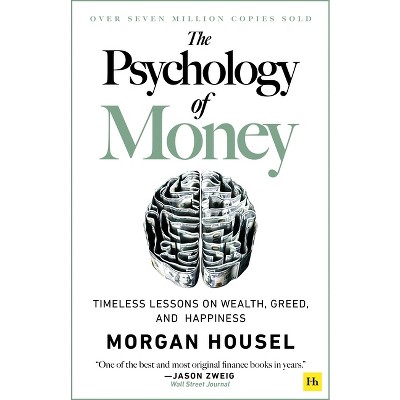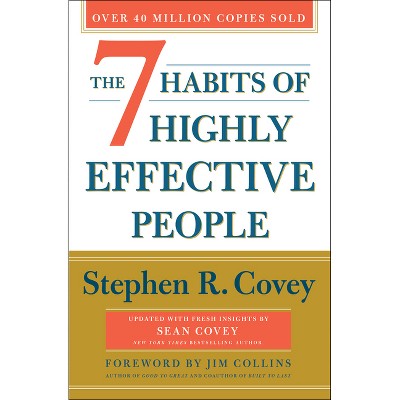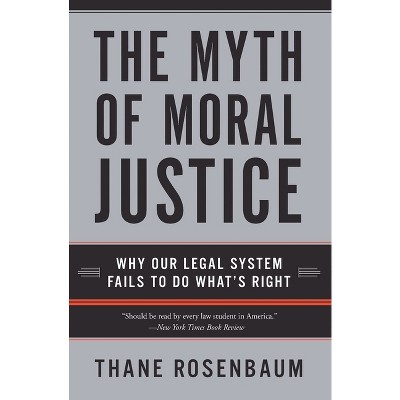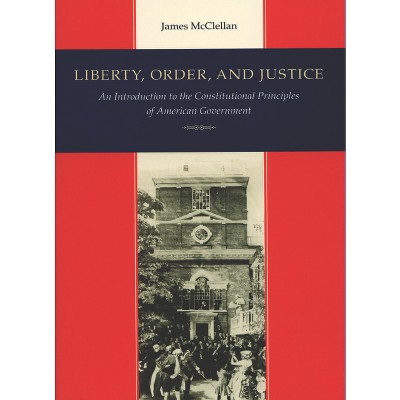Guardians of the Moral Order - by Mark Warren Bailey (Hardcover)

About this item
Highlights
- Progress was the byword of America's Gilded Age, a time of technological innovation, industrial growth, and overseas expansion.
- About the Author: Mark Warren Bailey is an independent history scholar who has published several articles on American legal history.
- 305 Pages
- Freedom + Security / Law Enforcement, Legal History
Description
About the Book
Progress was the byword of America's Gilded Age, a time of technological innovation, industrial growth, and overseas expansion. It was an era of emancipation for former slaves, settlement houses for immigrants, and colleges for women. Anti-saloon leagues called for the prohibition of alcohol, while citizens demanded labor regulations and food and drug laws. Confronted by all these forces of change, the Supreme Court appeared the bastion of conservatism in case after case as it defended the old moral and social order.
Progressive reformers of the time as well as historians of the twentieth century have depicted the era's nine justices as aging reactionaries or, worse, accused them of championing a laissez-faire, imperialistic reading of the U.S. Constitution. Now, in Guardians of the Moral Order, Mark Bailey rises to their defense. The conservatism of the Supreme Court from 1860 through 1910, he argues, reflects not a conversion to the gospel of wealth but a steadfast belief in the vision of man and society grounded in eighteenth-century Enlightenment ideas and nineteenth-century moral science. As college students, the justices learned these values through the philosophy courses central to the antebellum curriculum. As judges, their understanding of the law as a branch of moral science influenced their rulings on a wide array of social, political, and economic issues. Taking the approach of an intellectual historian, Bailey examines the college education and legal training that these justices received. He then looks at their speeches and writings, both on and off the bench, to discover their views on such topics as the definition of private property, racial equality, and the rights of peoples in America's newly acquired territories. An unflagging faith in a divinely ordained natural order, he concludes, provided these men with their model for the social and moral order. The worldview cherished by these men was shared by many Americans educated in antebellum schools, colleges, and law offices. Theirs was not a reactionary conservatism rabidly opposed to change but a deeply ingrained belief in immutable moral truths upon which civilization itself depended. If we are to understand the Gilded Age, as Bailey so convincingly demonstrates, we must acknowledge that ideas matter.Book Synopsis
Progress was the byword of America's Gilded Age, a time of technological innovation, industrial growth, and overseas expansion. It was an era of emancipation for former slaves, settlement houses for immigrants, and colleges for women. Anti-saloon leagues called for the prohibition of alcohol, while citizens demanded labor regulations and food and drug laws. Confronted by all these forces of change, the Supreme Court appeared the bastion of conservatism in case after case as it defended the old moral and social order.
Progressive reformers of the time as well as historians of the twentieth century have depicted the era's nine justices as aging reactionaries or, worse, accused them of championing a laissez-faire, imperialistic reading of the U.S. Constitution. Now, in Guardians of the Moral Order, Mark Bailey rises to their defense. The conservatism of the Supreme Court from 1860 through 1910, he argues, reflects not a conversion to the gospel of wealth but a steadfast belief in the vision of man and society grounded in eighteenth-century Enlightenment ideas and nineteenth-century moral science. As college students, the justices learned these values through the philosophy courses central to the antebellum curriculum. As judges, their understanding of the law as a branch of moral science influenced their rulings on a wide array of social, political, and economic issues.
Taking the approach of an intellectual historian, Bailey examines the college education and legal training that these justices received. He then looks at their speeches and writings, both on and off the bench, to discover their views on such topics as the definition of private property, racial equality, and the rights of peoples in America's newly acquired territories. An unflagging faith in a divinely ordained natural order, he concludes, provided these men with their model for the social and moral order.
The worldview cherished by these men was shared by many Americans educated in antebellum schools, colleges, and law offices. Theirs was not a reactionary conservatism rabidly opposed to change but a deeply ingrained belief in immutable moral truths upon which civilization itself depended. If we are to understand the Gilded Age, as Bailey so convincingly demonstrates, we must acknowledge that ideas matter.
Review Quotes
"With convincing detail [Bailey] recounts the concepts, assumptions, tenets, and teachings of antebellum moral science."--Law and History Review
"An engaging and well-argued interpretation of the Court, full of intellectual surprises and new insights."--Kermit Hall, Utah State University
"A significant contribution to legal history that offers a clear application of nineteenth-century moral philosophy to the work of the Supreme Court."--William LaPiana, New York Law School
About the Author
Mark Warren Bailey is an independent history scholar who has published several articles on American legal history.











